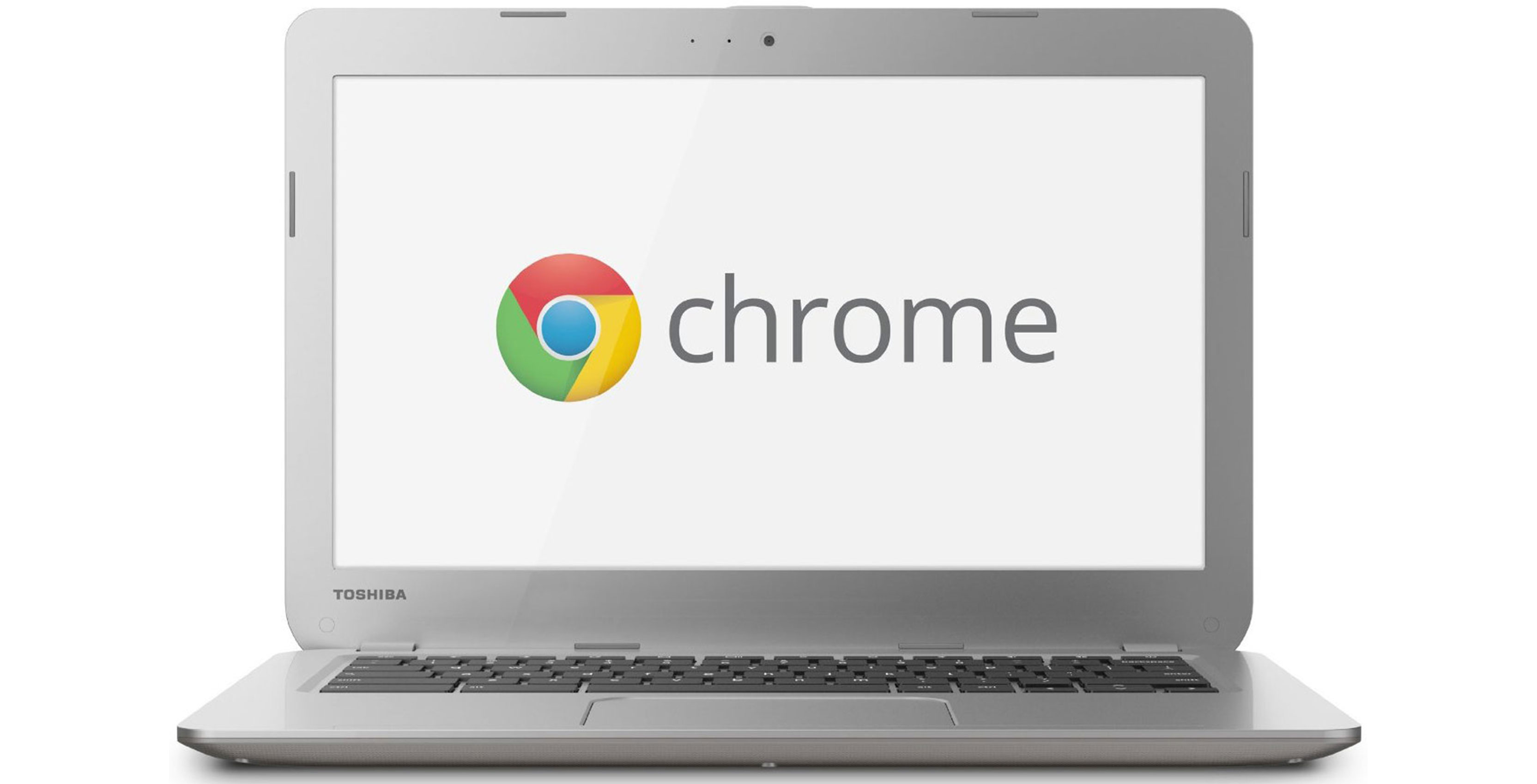
Since adding Linux app support for some Chromebooks in Chrome OS 69, Chrome developers slowly added support to more devices. However, they’ve also built a lengthy list of Chromebooks that will never see Linux app support.
Chrome devs released a new batch of devices that will not see Linux app support this week, including the 2013 Chromebook Pixel.
Several reasons exist that prevent Linux app support, some of which extend from how Google implemented support. Linux apps run in a container, which is a fancy way of saying they’re isolated from other parts of the OS for security.
Since Chrome OS runs on the Linux kernel, it can use the Linux kernel-based virtual machine (KVM) to replicate a Linux system within the container to run apps.
What’s preventing Linux app support
One of the biggest reasons devices won’t see support, according to official Google documentation, is that running a virtual machine on 32-bit ARM CPUs is “difficult, non-standard and requires coordination with the firmware.”
This reason alone banishes over a dozen Chromebooks to the “not supported” list.
Another reason on the processor front is that some Intel processors don’t have virtualization support for Linux apps. Mainly, the Bay Trail family of processors, which are mostly Atom processors, lack virtualization support. However, Linux apps likely wouldn’t run well on Atom processors anyway.
By far the largest disqualifier is the Linux kernel version a Chromebook runs on. Linux app support relies on changes to the KVM found in Linux 3.14 and newer, meaning some Chromebooks using older Linux kernels don’t have the KVM updates required to run Linux apps.
While the team could potentially port the necessary KVM changes to older Linux versions, Chrome developers recently noted that several devices would reach ‘End of Life’ before they could complete the port. Further, the team plans to focus on bringing Linux app support to newer Chromebooks first.
With all that said, below is the comprehensive list of Chromebooks that will not get Linux app support. Google posted a similar record but used the codenames of each device. The folks at 9to5 Google translated the list to actual device names.
Finally, if a device isn’t on the list below, it will likely get Linux app support, but it’s not clear when.
Chromebooks that won’t get Linux app support
- Acer AC700 Chromebook
- Acer C7 Chromebook
- Acer C720 / C70P / C740 Chromebook
- Acer Chromebase
- Acer Chromebook 13 (CB5-311)
- Acer Chromebook 15.6″ CB3-531
- Acer Chromebook 11 (C730 / C730E / C735)
- Acer Chromebox
- ASUS Chromebit CS10
- ASUS Chromebook C200
- ASUS Chromebook C201
- ASUS Chromebook C300
- ASUS Chromebook Flip C100PA
- ASUS Chromebox CN60
- AOpen Chromebase Commercial
- AOpen Chromebase Mini
- AOpen Chromebox Commercial
- AOpen Chromebox Mini
- Dell Chromebook 11
- Dell Chromebook 11 (3120)
- Dell Chromebox
- Google Cr-48 Chromebook
- Google Chromebook Pixel (2013)
- HP Chromebook 11 G1 / G2 / G3 / G4 / G4 EE
- HP Chromebook 14
- HP Chromebook 14 G3
- HP Chromebox G1
- HP Pavilion Chromebook 14
- Lenovo 100S Chromebook
- Lenovo N20 Chromebook
- Lenovo ThinkPad 11e Chromebook
- Lenovo ThinkPad X131e Chromebook
- LG Chromebase 22CV241 & 22CB25S
- Samsung Chromebook (2012)
- Samsung Chromebook 2 11″ / 13″
- Samsung Chromebook 2 11 – XE500C12
- Samsung Series 5 Chromebook
- Samsung Chromebook Series 5 550
- Samsung Chromebox Series 3
- Toshiba Chromebook
- Toshiba Chromebook 2
- White label Enguarde
- White label Expresso
- White label Heli
- White label Jaq
- White label Jerry
- White label Mighty
Source: 9to5 Google
MobileSyrup may earn a commission from purchases made via our links, which helps fund the journalism we provide free on our website. These links do not influence our editorial content. Support us here.


